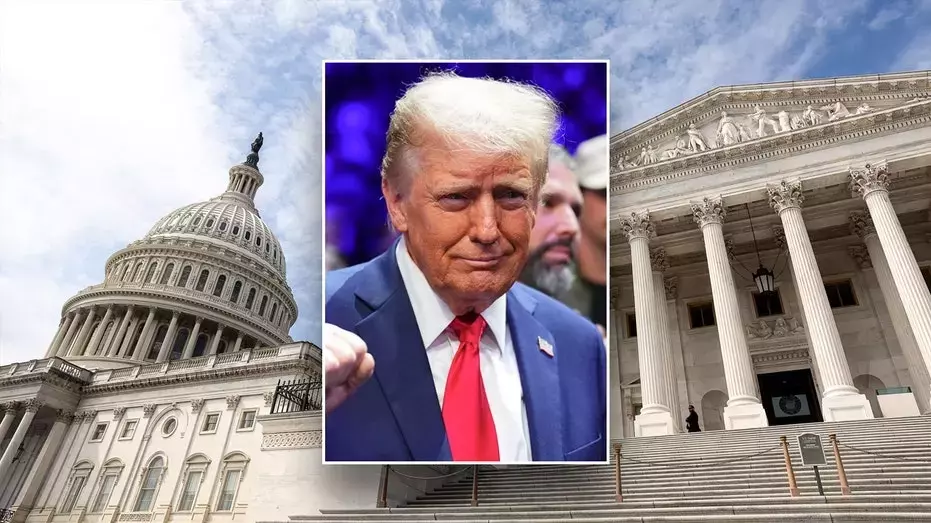
With the July 4 deadline approaching, Republican leaders are intensifying efforts to push through a major spending package, emphasizing that lawmakers must remain focused and delay vacations until the legislation is finalized. Former President Donald Trump has taken an active role in urging Congress, using social media to demand immediate action and signaling that delays are unacceptable. Senate Majority Leader John Thune echoed this sentiment, declaring that failure is not an option and framing the bill as essential for long-term national prosperity.
The urgency surrounding the bill reflects broader concerns about the country's growing national debt, which recently surpassed $36 trillion. While House Speaker Mike Johnson advocates for deeper spending reductions, Senate Republicans aim to cut $2 trillion from the deficit as part of the broader negotiations. The proposed measure, however, could increase the debt by up to $5 trillion if made permanent, according to estimates. This contradiction between deficit reduction goals and potential financial consequences has sparked debate among lawmakers and policy analysts alike.
Beyond fiscal concerns, the bill addresses a wide range of critical issues such as tax reforms, immigration policies, defense initiatives, energy production, and modifications to key assistance programs like SNAP and Medicaid. Supporters view it as a foundational step toward economic stability and security, while critics question its long-term feasibility and fiscal responsibility. As political pressure mounts, the situation highlights how high-stakes decision-making can influence legislative culture and public expectations.
In times of intense political maneuvering, the importance of transparency, accountability, and long-term vision becomes ever more crucial. While partisan pressures shape legislative agendas, the ultimate goal should remain the well-being of citizens and the responsible stewardship of national resources. The current debate serves as a reminder that governance requires both urgency and wisdom—balancing immediate demands with sustainable solutions that uphold democratic values and economic integrity.
